Social Justice

Pope Francis: “We are dealing with abominable crimes that must be erased from the face of the earth”
Nearly 200 church leaders gathered in Rome from February 21 to 24 for the Vatican summit on “The Protection of Minors in the Church” convened...read more
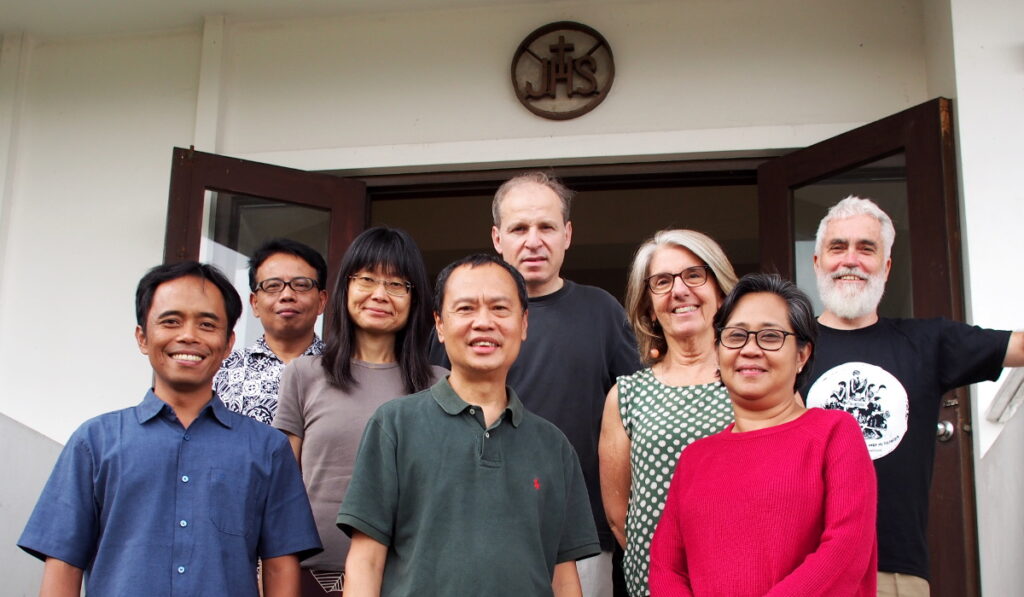
The road ahead for the Social Apostolate
With the Universal Apostolic Preferences (UAPs) expected to be unveiled soon, it was a good opportunity for the conference Social Ministries core team to review...read more
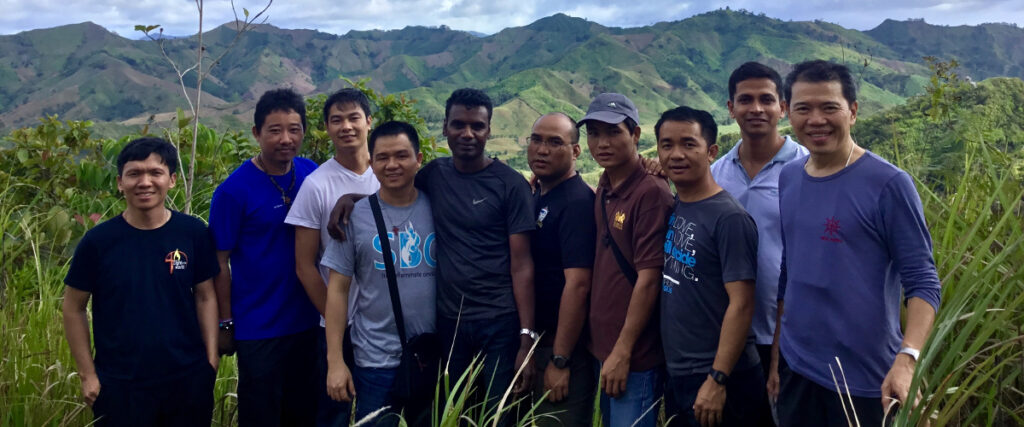
Refreshed by the forests of Bendum
While on school break in January, a group of us from Arrupe International Residence travelled to Bendum in Mindanao for a workshop on reconciliation with...read more
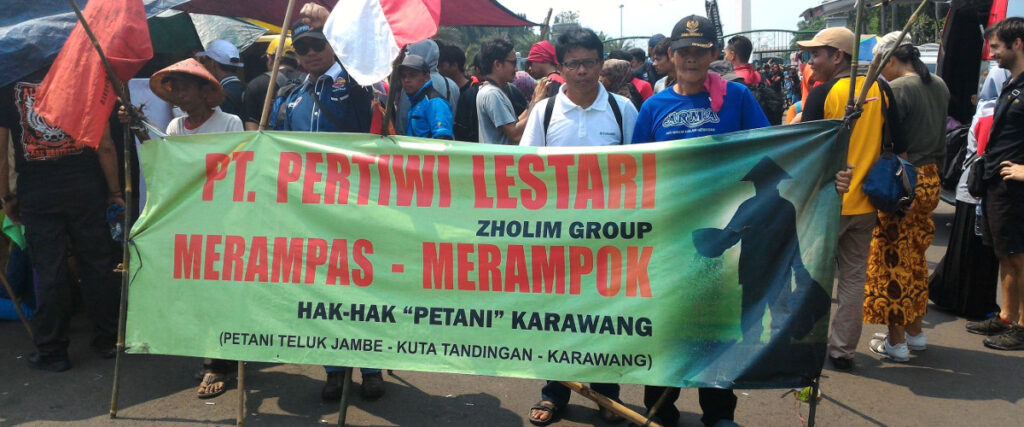
A Journey with the poor and marginalised
Working for and with the poor and marginalised brings abundant graces but not without challenges and moments of hopelessness and desolation. However, with prayer and...read more
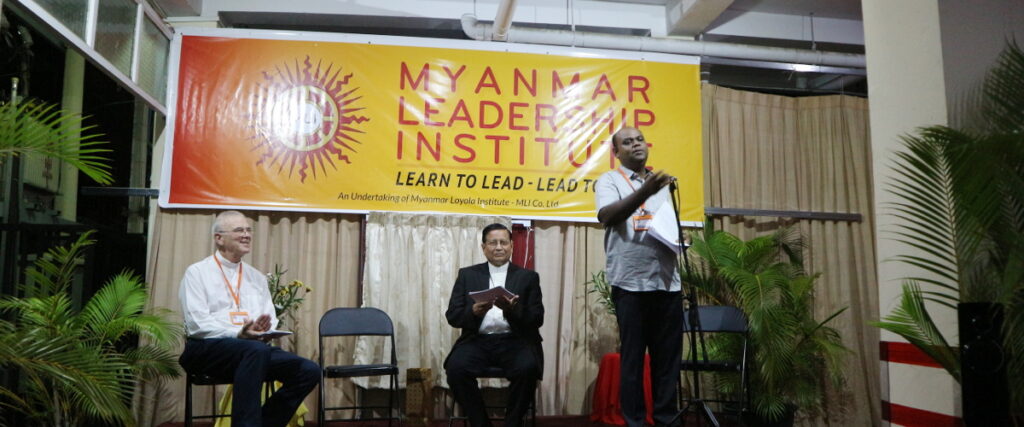
Myanmar Leadership Institute opens in Yangon
Myanmar Leadership Institute (MLI), a long cherished dream of Yangon Archbishop Charles Cardinal Maung Bo and the Jesuits of the Myanmar Mission, was realised at...read more
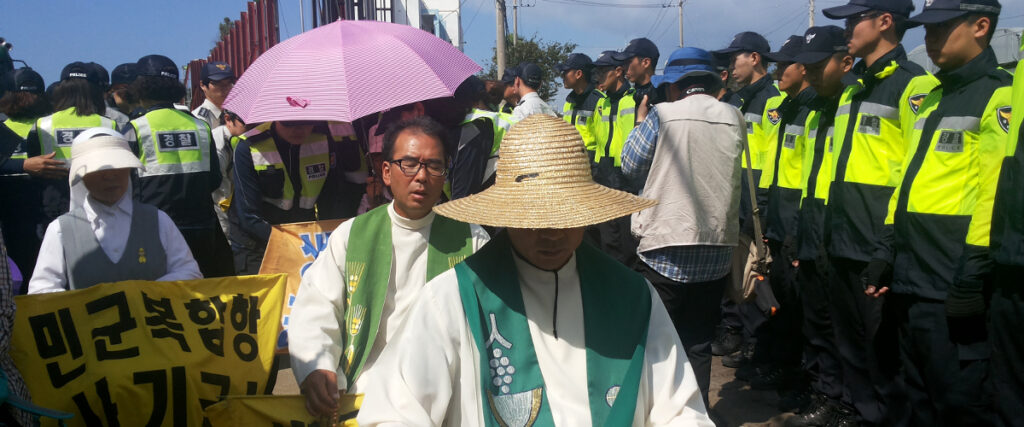
Bird’s eye view of the mission for justice
Nearly everyone is now familiar with Google Maps. We use it for finding a location and marking places of interest. With the ever more popular...read more

The pioneer graduates of Loiola
On December 22, 2018, Colégio de Sto Inácio de Loiola (CSIL) in Kasait, Timor-Leste graduated its first cohort of students. Of the 103 graduates, there...read more
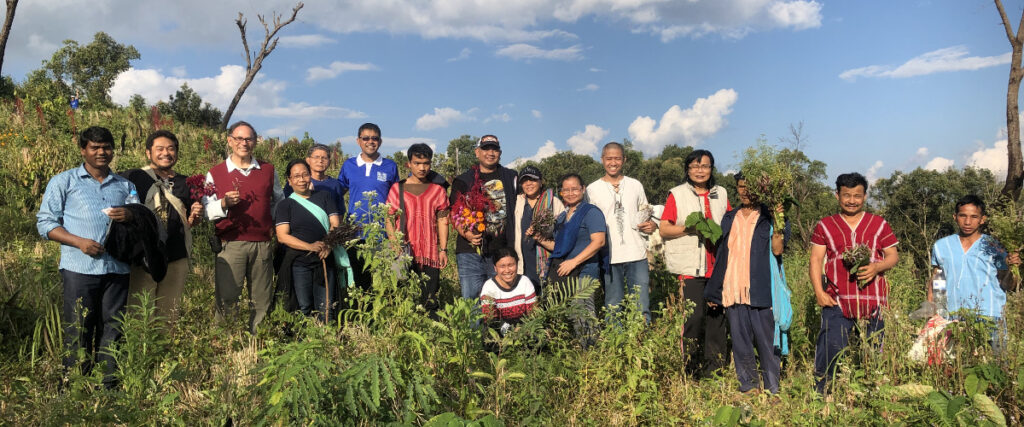
Learning from the Karen tribe
The gathering of the Jesuit Companions in Indigenous Ministry (JCIM) in Chiang Mai, Thailand from November 30 to December 5 enabled us who are working...read more
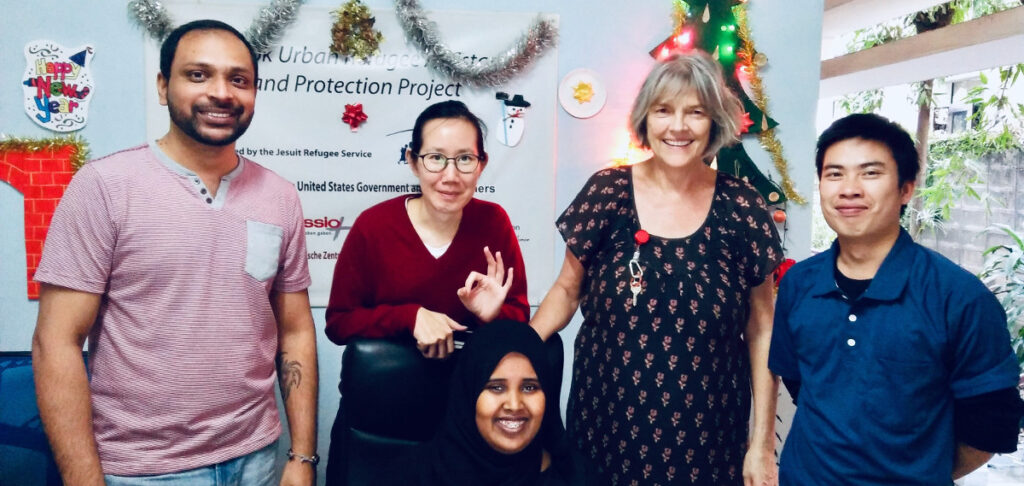
“I am among you as the one who serves”
As a young Vietnamese Jesuit in the process of formation, I came to Thailand for my regency after completing a three-year philosophy programme in Vietnam....read more
